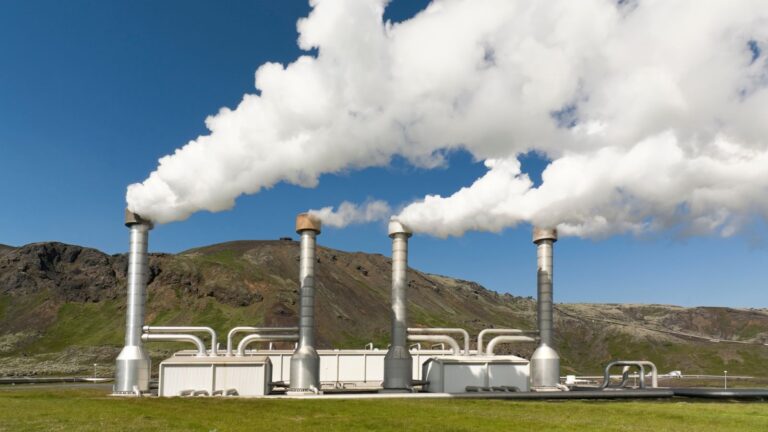Trump’s renewables crackdown hurts US national security, Biden official warns
Wally Adeyemo supports imposing sanctions on buyers of Russian oil, but said more diversified energy at home will give the US a stronger geopolitical advantage.
Current Access Level “I” – ID Only: CUID holders, alumni, and approved guests only
Reports by Adele Morris, Noah Kaufman & Siddhi Doshi • July 15, 2019
This report represents the research and views of the author. It does not necessarily represent the views of the Center on Global Energy Policy. The piece may be subject to further revision. Contributions to SIPA for the benefit of CGEP are general use gifts, which gives the Center discretion in how it allocates these funds. More information is available at Our Partners. Rare cases of sponsored projects are clearly indicated. For a full list of financial supporters of the Center on Global Energy Policy at Columbia University SIPA, please visit our website at Our Partners. See below a list of members that are currently in CGEP’s Visionary Annual Circle.
(This list is updated periodically)
Occidental Petroleum Corporation
If the United States undertakes actions to address the risks of climate change, the use of coal in the power sector will decline rapidly. This presents major risks to the 53,000 US workers employed by the industry and their communities. 26 US counties are classified as “coal-mining dependent,” meaning the coal industry is a major employer. In these areas, the industry is also an important contributor to local government finances through a complex system of property, severance, sales, and income taxes; royalties and lease bonuses for production on state and federal lands; and intergovernmental transfers.
While climate-related risks to corporations have received scrutiny in recent years, local governments—including coal-reliant counties—have yet to grapple with the implications of climate policies for their financial conditions. Importantly, the risks from the financial decline of coal-reliant counties extend beyond their borders, as these counties also have significant outstanding debts to the US municipal bond market that they may struggle to repay.
To be sure, national climate policy in the United States is uncertain. Experts have long recommended strong policy action to reduce emissions, and for years, policy makers have largely ignored their advice. Nevertheless, with growing support by the public and policy makers, meaningful climate policy in the United States may be on the horizon, and those dependent on coal should be looking ahead to manage their risks.
This paper examines the implications of a carbon-constrained future on coal-dependent local governments in the United States. It considers the outlook for US coal production over the next decade under such conditions and explores the risk this will pose for county finances. The paper also considers the responsibilities of jurisdictions to disclose these risks, particularly when they issue bonds, and the actions leaders can take to mitigate the risks. In short, the paper finds the following:

AI’s growing power demand has received enormous attention in recent months. In many places, the lack of power supplies is an important constraint on the growth of data centers to train and run AI models.

Kenya and South Africa have recently started moving toward an open access regime in their electricity sectors, while the US and India have been on this path for over two decades.

Full report
Reports by Adele Morris, Noah Kaufman & Siddhi Doshi • July 15, 2019